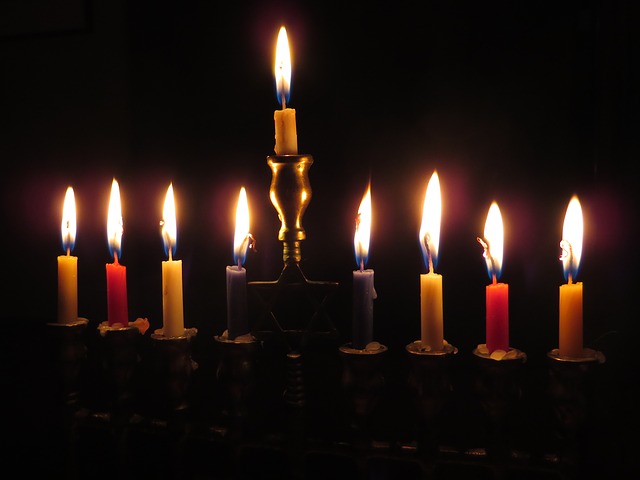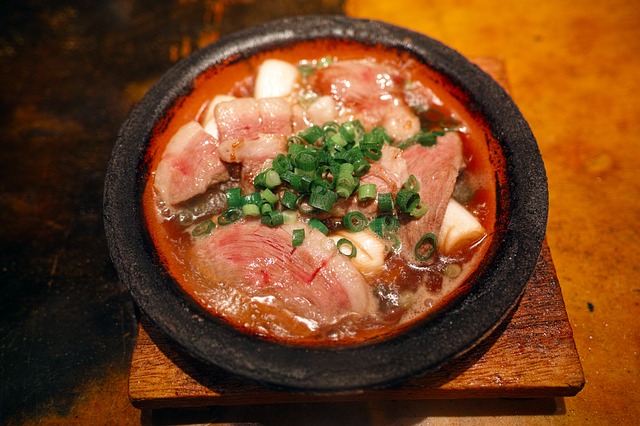The festive season around the world
Here in the U.K we’re all very accustomed to the dates and traditions of our festive season, but what about the rest of the world, with all its different cultures and religions? Here we’ll search around the globe for the more ‘exotic’ festivities.
Hanukkah 2016 – 24th December to 1st January
Hanukkah used to be a relatively minor Jewish holiday, and still is in many parts of the world, but in North America and Europe it has come to rival Passover as one of the biggest holidays in the Jewish calendar. Starting at any time between late November and late December, the celebration commemorates the rededication of the Holy Temple in Jerusalem during the Maccabean Revolt against the Seleucid Empire. The holiday is observed by lighting a unique nine-branched candelabrum called a Menorah, eating olive-oil fried foods, and giving gifts such as money and other presents; this is to rival the similarly timed Christmas, which is the reason why the celebration has become so important to western-world Jews.

Omisoka & Shogatsu - 31 December to 1st January
The 31st and New Year’s Day are the most important in the Japanese calendar, signalling the end of something old and the beginning of something new. Time is spent with the family, and at a 11pm there is a late dinner of plain noodles, which is followed by a trip to the shrine after midnight for the first prayers of the year – this is called hatsumode, and while the act of worship is generally brief, the huge influx of people means the process can take a long time. This is then followed by the New Year’s Day celebrations (Shogatsu), which involve eating rice cakes along with food specific to the region, bells are rung 108 times to get rid of the number of sins referred to in Buddhist beliefs, postcards are sent (much like here at Christmas) to friends and family, and interestingly, Beethoven’s Ninth Symphony is played all around the country, a remnant of Imperial Japan to promote allegiance to the island nation.

Kwanzaa – 26 December to 1st January
Kwanzaa is the last celebration in this blog, and the newest in the group. Founded in 1966 by Dr Maulana Karenga, an activist in the Black Power movement, the aim of this festival is to celebrate African heritage in African-American culture, and it has seven main principles which are unity, self-determination, collective work and responsibility, cooperative economics, purpose, creativity and faith, all of which are used to promote community within African-Americans and are often represented by seven candles. Other ways that the celebration is observed is by wearing traditional African clothes, performing African music, libations (the ritual pouring of liquid), and other African traditions. Kwanzaa is a growing celebration, and it has already crossed the border to North America’s neighbour Canada. Numbers vary dependant on the given source (Dr Karenga claimed that there were as many as 30 million celebrators), but its estimated by other sources to be between 2 and 12 million people that celebrate this festival annually.
